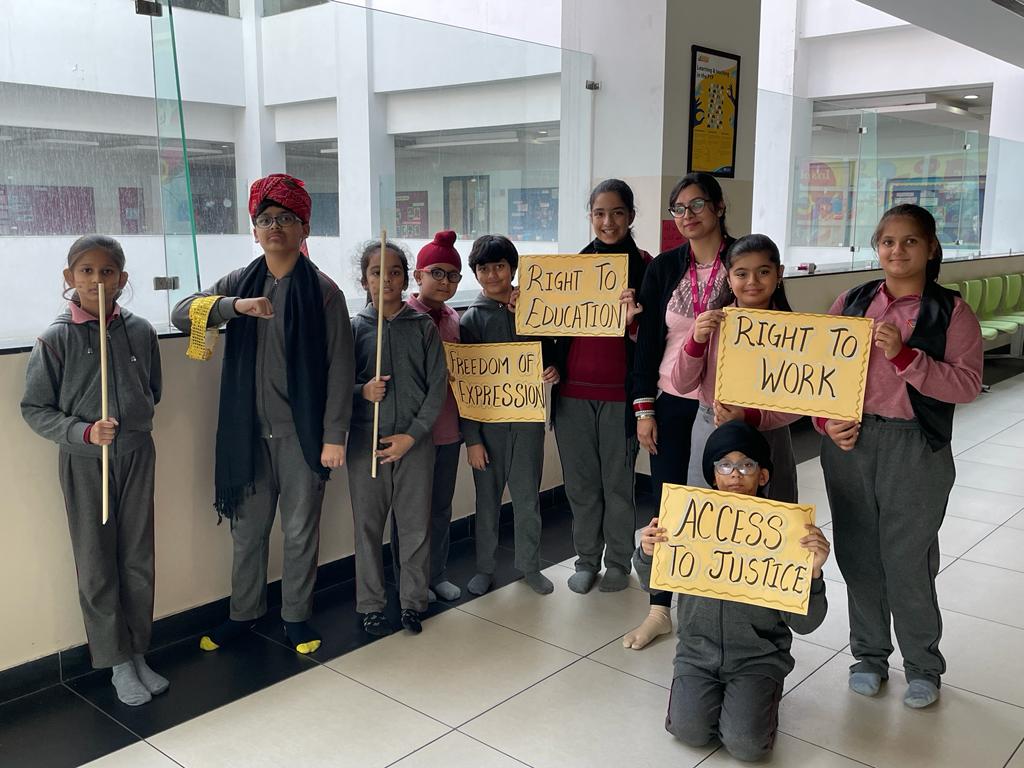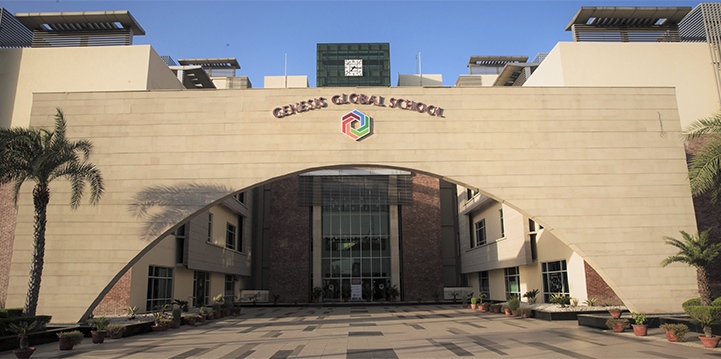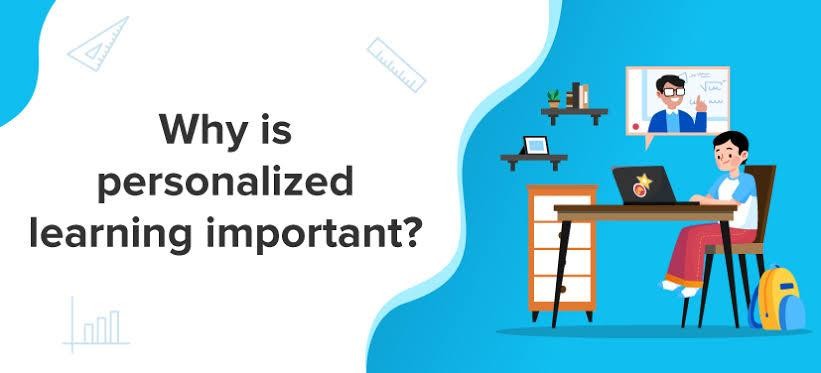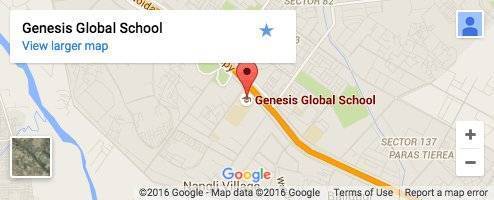The Future of Space Exploration: How Students Can Prepare for Careers Beyond Earth
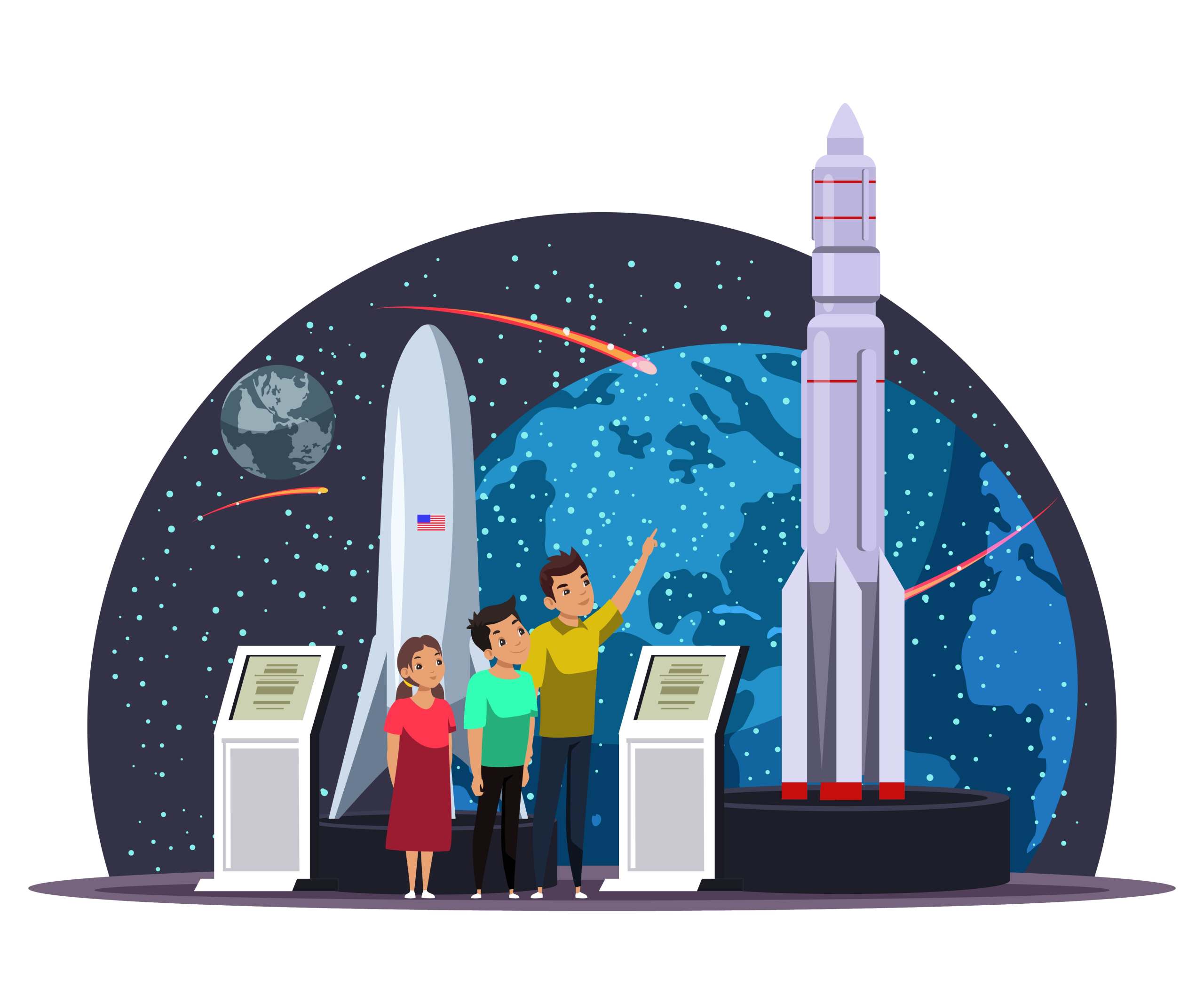
Introduction:
At Genesis Global School, the Best Boarding School in Delhi NCR space exploration has long fascinated humanity, and as technology advances, it’s opening up new horizons and career opportunities beyond Earth. The next generation of space exploration will not only involve astronauts but also engineers, scientists, researchers, and entrepreneurs. For students who aspire to be part of this exciting future, it’s essential to understand the skills and knowledge required and how they can begin their journey while still in school. This article explores how young learners can prepare for a career in space exploration, what the future holds for this field, and why it’s more important than ever to cultivate an interest in science, technology, engineering, and mathematics (STEM).
The New Era of Space Exploration
The future of space exploration is full of promise, driven by innovations such as reusable rockets, space tourism, and missions to Mars and beyond. NASA, SpaceX, Blue Origin, and other space agencies and companies are working to create a sustainable human presence in space. The aim is not just scientific discovery but also the potential colonization of other planets, mining asteroids for resources, and opening space for commercial ventures like tourism and communication.
For students looking to enter this field, this transformation is a game-changer. The space industry will demand a wide range of skills—from computer programming to aerospace engineering, robotics, artificial intelligence, and environmental science. Understanding this growing diversity in space careers is crucial for young minds ready to embark on a path toward these emerging opportunities.
Space Exploration Careers Beyond Astronauts
When thinking of space exploration, many people immediately think of astronauts. However, astronauts represent only a small fraction of the professionals involved in space exploration. The future will see a rise in demand for space scientists, aerospace engineers, data analysts, space lawyers, medical experts, and many other specialists who support space missions.
- Aerospace Engineering: These engineers design spacecraft, satellites, and systems that help propel rockets into space. Students interested in this field should focus on mathematics, physics, and technology, all forming the foundation of aerospace engineering.
- Space Medicine: With extended missions planned to the Moon, Mars, and beyond, space medicine will become increasingly critical. Students interested in biology and medicine can specialize in understanding how the human body reacts to space environments and develop solutions for healthcare in space.
- Astrophysics and Planetary Science: These scientists study celestial bodies and the fundamental physics of space. They analyze data from space telescopes, study asteroids and other planets, and play a critical role in mission planning and execution. Students passionate about the cosmos should take a deep interest in physics and astronomy.
- Robotics and Artificial Intelligence: As we send unmanned missions to space, robotics and AI will be key in conducting tasks that humans cannot. Building and programming robots, like the Mars rovers, is a critical area of future exploration. Coding, robotics clubs, and hands-on projects are a great way for students to start honing these skills.
- Space Law and Policy: As space becomes a commercial frontier, understanding the laws that govern activities beyond Earth is essential. Space lawyers will handle issues related to space tourism, resource mining, and international agreements. A solid foundation in law and public policy is crucial for this evolving field.
- Environmental Science and Sustainability: As we aim to make space travel more sustainable, environmental scientists will play a key role in reducing the carbon footprint of space exploration and addressing challenges like space debris. Courses and projects related to sustainability can help students prepare for this unique field.
The Role of STEM Education in Preparing for Space Careers
For students aiming to work in the space industry, STEM education (Science, Technology, Engineering, and Mathematics) is the backbone. Schools are incorporating more advanced STEM curricula, providing students with the tools to understand space science, engineering principles, and the critical role of technology.
Coding and Programming
Coding is one of the most sought-after skills in space exploration, whether it’s writing software for spacecraft navigation or programming robots for unmanned missions. Students can begin learning coding languages like Python, C++, and Java, which are extensively used in aerospace technology. Participating in coding challenges, hackathons, and robotics competitions can further enhance their expertise.
Physics and Mathematics
Understanding the laws of physics, particularly Newtonian mechanics and electromagnetism, is essential for grasping how spacecraft navigate the universe. Advanced mathematics, including calculus and algebra, are foundational for all space-related careers, from engineering spacecraft to modeling planetary movements. Schools offering advanced placement (AP) courses or extracurricular programs focused on physics and mathematics can be an excellent starting point.
Engineering Projects
Practical engineering experience is a must for students interested in designing spacecraft or building space stations. Joining engineering clubs, participating in science fairs, and working on hands-on projects involving rocket-building, drone design, or even creating satellite models provide invaluable experience. Schools that encourage maker spaces or offer dedicated labs for such innovations are at the forefront of preparing students for future careers.
Astronomy and Space Science Programs
Exposure to space science through astronomy clubs or dedicated programs can ignite curiosity in students. Observing celestial bodies through telescopes, attending space camps, or visiting planetariums offers students a taste of what lies beyond our planet. Educational institutions that incorporate such experiences into their curriculum can help students build an early passion for space exploration.
Soft Skills for Space Exploration Careers
Beyond technical skills, the future of space exploration will require individuals with strong soft skills. These include:
- Collaboration and Teamwork: Space missions require the coordinated efforts of large, multidisciplinary teams. Students must develop strong collaboration skills, learning how to work with others across various domains.
- Problem-Solving: Space exploration presents unique challenges. Students need to learn how to think critically, troubleshoot problems under pressure, and find innovative solutions.
- Communication: Whether working as part of a mission control team or designing new technologies, space professionals must effectively communicate their ideas and findings. Public speaking, report writing, and collaborative discussions are key aspects of a career in this field.
- Adaptability: The space industry is rapidly evolving, and adaptability is key. Students who can quickly learn and adjust to new technologies and systems will thrive in this dynamic environment.
Extracurricular Opportunities to Foster Interest in Space Exploration
Many schools and organizations offer extracurricular activities that can help students develop their interest in space. These programs often provide unique opportunities to participate in real-world space challenges.
Space Camps and Competitions
Space camps provide immersive experiences where students learn about space travel, simulate missions, and even meet industry professionals. Competitions like NASA’s “Human Exploration Rover Challenge” allow students to design and build vehicles capable of traversing extraterrestrial surfaces. Such activities can be transformative for students aspiring to space careers.
Collaboration with Industry Experts
Partnerships with space agencies, aerospace companies, and universities can offer students exposure to cutting-edge developments in space exploration. Schools that arrange guest lectures, workshops, and internships with industry experts help bridge the gap between academic learning and practical application. Engaging with professionals in the field through mentorship programs also helps students understand the challenges and opportunities of working in space exploration.
The Importance of Innovation and Entrepreneurship
Space exploration is not just about following existing pathways—it’s about creating new ones. Many future space careers will revolve around innovation and entrepreneurship. Private companies like SpaceX and Blue Origin are examples of how space is transitioning from government-led missions to private ventures. In the coming years, entrepreneurs will have opportunities in space tourism, asteroid mining, space habitats, and communication satellites.
Students who are interested in entrepreneurship can explore ways to bring innovation to space. Schools that offer entrepreneurship programs or innovation labs encourage students to think creatively about solutions for space challenges. Projects could include designing habitats for other planets, developing efficient space transportation systems, or even exploring new energy sources for long-duration space missions.
Conclusion
The future of space exploration is more exciting and diverse than ever before. As space becomes a frontier not only for scientific discovery but also for economic expansion, students have the opportunity to shape their careers in this field from an early age. By focusing on STEM education, fostering creativity, developing problem-solving skills, and exploring real-world space challenges, today’s students can prepare themselves for careers beyond Earth.
At Genesis Global School, the Boarding Schools in NCR where schools that offer robust STEM programs, extracurricular opportunities in space science, and connections with industry professionals are paving the way for the next generation of space explorers. The future may bring human settlements on Mars, asteroid mining, or space tourism, and the students of today are at the forefront of making these possibilities a reality. The journey to space begins on Earth, in the classrooms, labs, and minds of young learners inspired by the vast unknown.
Popular Posts
Recent Posts
Archive
- January 2025
- December 2024
- November 2024
- October 2024
- September 2024
- August 2024
- July 2024
- June 2024
- May 2024
- April 2024
- March 2024
- February 2024
Newsletter
 A1 and A12, SECTOR-132,EXPRESSWAY, NOIDA (201304)
A1 and A12, SECTOR-132,EXPRESSWAY, NOIDA (201304)
 +91-9711000498 / 560 / 625 / 626
+91-9711000498 / 560 / 625 / 626
 info@genesisgs.edu.in
info@genesisgs.edu.in
- Contact Us
- Address
- Mobile Number
- +91-9711000498 / 560 / 625 / 626
- info@genesisgs.edu.in
© Copyright 2018, all rights reserved with Genesis Global School

